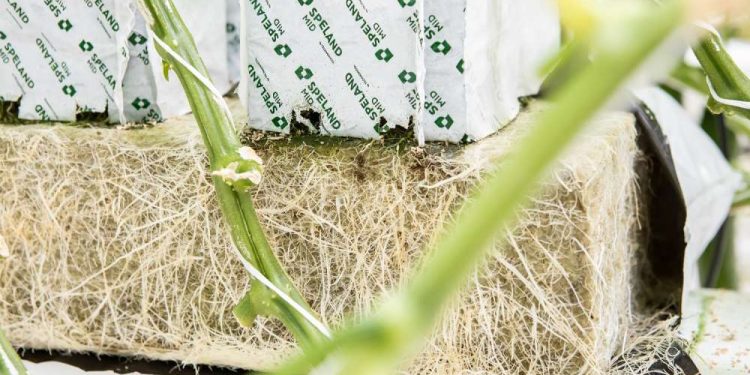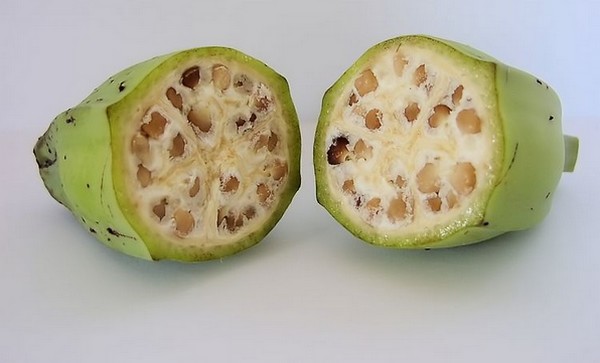TechnoNIKOL stone wool plants disposed of about 500 tons of waste mineral wool substrates from greenhouses during the year. This is about 77% of the total volume of processing of such materials in Russia. In the future, the company plans to increase its processing capacity and expand the acceptance of mineral wool waste, including from greenhouses, by 30%. This will allow the agricultural business to reduce the cost of substrate disposal, as well as reduce the impact on the environment.
According to Alexandra Startseva, agronomist-consultant of TechnoNIKOL company, Ph.D. Sciences, the issue of disposal of waste mineral substrates is particularly acute for greenhouse farms. “Agricultural enterprises use about 6,000 mats and 25,000 stone wool cubes per 1 hectare for one crop turnover, which is a total of 7 tons/ha. If we take into account that the number of turnovers can reach up to three, and the area of greenhouse farms in Russia is 3.2 thousand hectares, then up to 30 thousand tons of mineral agricultural waste is generated annually. And this figure is constantly growing, as mineral wool is becoming more and more popular due to its easy root zone management, uniform quality, mechanical stability, favorable water-physical properties, absence of pathogens, foreign matter and toxic substances. All this volume must be disposed of, and this entails additional, often quite high, costs for farmers,” she commented.
According to environmental legislation, mineral wool substrates must be taken to landfills. This, on the one hand, increases the volume of landfills, and hence the impact on the environment, and on the other hand, increases the costs of greenhouse farms for disposal. So, the cost of one machine for the removal of waste substrates starts from 20 thousand rubles. Due to the tightening of requirements for the reduction of solid waste at the regional and federal levels, these prices are constantly rising. Acceptance by the producer of substrates for processing for many farmers can be a way out, simplify farming and help reduce costs.
TechnoNIKOL stone wool factories accept Speland stone wool substrates for processing free of charge. To do this, it is necessary to remove the film from the materials and dry it so that the humidity does not exceed 20%, and arrange delivery to the enterprise. Today, the company’s plants in Ryazan, Chelyabinsk, Tatarstan, Kemerovo and Rostov regions are engaged in the recycling of stone wool for the agricultural sector. In addition, companies can get advice on proper waste management.
At the factories, the used substrates are crushed together with other mineral wool waste (screenings of stones, cuttings, fragments, fiber crumbs and products that have not passed quality control) and pressed into briquettes. They are added to the primary raw material – natural stone, which is then melted at high temperature to obtain a new mineral fiber. This fiber is used for the production of building thermal insulation. You can recycle stone wool in this way an unlimited number of times. Speland substrates for greenhouses are made only on the basis of primary raw materials.












